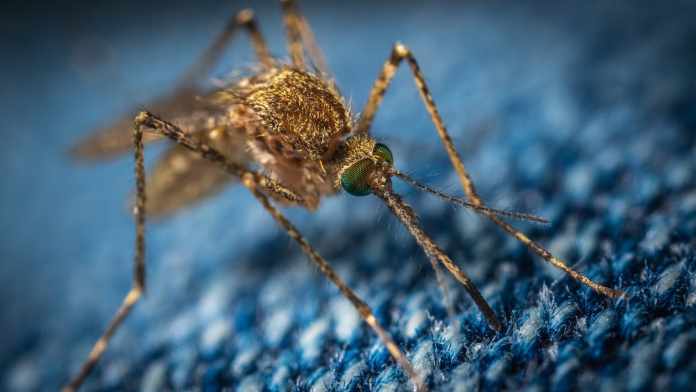There will be a mass release of genetically modified mosquito larvae in the Florida Keys very soon. The release of the male, non-biting mosquito larvae is all a part of a controversial health program. Experts suggest that these insects can encourage the curbing of dangerous insect-borne diseases such as Zika, yellow fever, and dengue.
There was a recent announcement by the Mosquito Control District of the Florida Keys in collaboration with Biotech Oxitec, a British organization. They reveal that there will be a release of 12,000 GM mosquito larvae each week.
The release of Aedes aegypti mosquitoes will take place for 12 continuous weeks over six locations. Three areas on Vaca Key, two on Cudjoe Key, and one on Ramrod Key is on the current list. Eventually, a few hundred million mosquitoes will release to achieve the final goal.
The plan is to let the non-biting male mosquitoes mate with the biting female ones. As a result, the female offsprings will not survive for a long time to reproduce. Therefore, the population of the Aedes aegypti mosquitoes will be under control.
What is the reason for the massive release of genetically modified mosquito larvae?
The CDC states that genetically modified mosquitoes have two different types of genes. One is the self-limiting gene, and the other is the fluorescent marker gene. While the latter glows when under red light, the other restricts the growth of female mosquitoes. Therefore, the biting offsprings do not grow up to be able to reproduce.
Later, as part of an Environmental Protection Project, the listed locations will be compared with untreated places. As a result, the effect of GM mosquitoes will become more evident. According to Oxitec’s report, the Florida Entomology Medical Laboratory and the CDC will do the entire project supervision.
These procedures have come after reports of over 73,000 cases were surfacing in the USA between 2010 and 2020. Most of the cases originate outside the US borders, after which transmission took place. Moreover, the surge of the 2016 Zika virus affecting around 30 people led to an aerial mosquito control spray.
Earlier, a team of researchers from the Yale University state that there were flaws in the genetic modification of mosquitoes by Oxitec. However, the latter denied all claims saying they are not based on logical facts. Oxitec also stated that the accusation was false, unsubstantial, and speculative.








